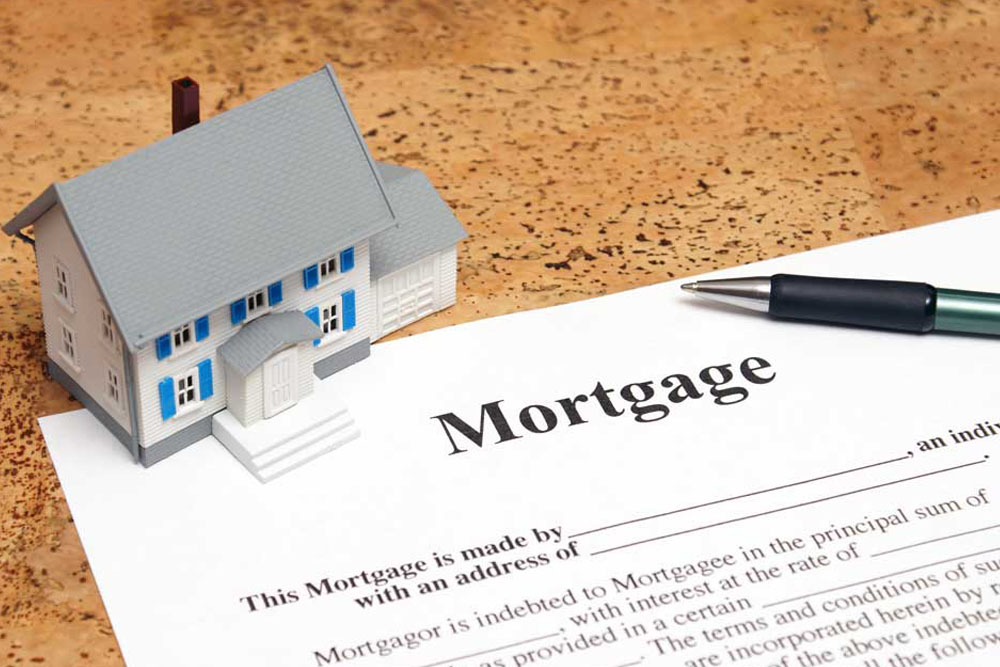A Loan against property is a secured loan granted when you offer your existing residential or commercial property as collateral. These loans are sanctioned by housing finance companies and banks, usually at a lower rate of interest than other traditional forms of loans.
ADVANTAGES OF LOAN AGAINST PROPERTY
A loan against property is a mortgage loan provided by Banks, housing finance companies and NBFCs on your pre-owned residential or commercial property. There are so many benefits of a loan against property that can help you fulfil your financial needs. A loan against property can be of great help for funding for personal and professional goals. From higher education, dream wedding, vacation to meeting business goals like expansion, new inventory/equipment and even long-term working capital, a loan against property can be the best option.
HERE ARE SOME ADVANTAGES OF A LOAN AGAINST PROPERTY THAT CAN HELP YOU IN TIMES OF NEED.
Get a Loan at Lower Interest Rates:
One of the most significant advantages of a loan against property is its low interest rates. Since a loan against property is a secured loan, hence the lenders provide these loans at a lower interest rate as the risk factor is less. A lower interest rate translates to lower EMIs.
Continued Usage of Property:
The best part about mortgaging your property for a Loan is that you don’t lose ownership of your property even after you mortgage your property. You can continue to use your property while it serves as a mortgaged property for your loan.
Partial Fund Disbursements:
A loan against property gives you the benefit of partial loan disbursement, where you can get disburse a part of your loan amount and keep the remaining amount for a later stage. Partial Fund Disbursements are usually beneficial when you take a loan for construction purposes or long-term working capital requirements, where the expense is incurred over a few years.
Long Repayment Tenure:
Unlike unsecured loans, you can get a longer repayment tenure while you opt for a loan against property. It makes Loan Against Property a lucrative option, as low-interest rates and long repayment tenures are what most of the borrowers wish. Smaller EMIs is one of the best advantages of a loan against property.
Higher Loan Amount:
A Loan Against Property is a loan that helps you manage your big-ticket expenses, be it for your individual or business needs. Since it’s a secured loan, you generally get finance up to 75% to 100% of the market value of your property.
WHAT ARE THE VARIOUS BENEFITS OF LAP?
Lower interest rate:
As the loan is taken keeping the property as collateral, the rate of interest is generally lower when compared to personal loan. Loan against property interest rates generally ranges between 12% and 15% while in case of personal loan the interest rate ranges is 15% to 25%
Lower to no prepayment charges:
You can close your loan against property by making prepayments towards your loan. Lenders generally don’t charge prepayment charges in case of loan against property.
Easy to get:
As these are secured loans, banks are more than willing to provide these loans. Therefore, you won’t find it very difficult to get the property loan.
Longer tenure:
These loans are generally available for longer tenure going up to 30 years while the tenure in case of personal loan is generally up to 7 years.
Lower EMI:
There is an inverse relationship between tenure and EMI. Longer the tenure lower will be the EMI and vice versa. As these are available for longer tenure, these become suitable for people who can’t afford paying higher EMIs.
WHAT KIND OF PROPERTY CAN BE MORTGAGED?
You can mortgage a self-occupied house as well as a rented residential property or it can be a piece of land that you own. However, it is necessary that the property is free from any kind of mortgage of litigation. Basically, the title of the property should be clear.
HOW DOES THE LENDER DECIDE THE LOAN AMOUNT?
The lender takes into consideration many factors such as your income, age, spouse’s income value of property in consideration to decide on your loan. The lender generally provides loan up to 60% of the value of the property.

